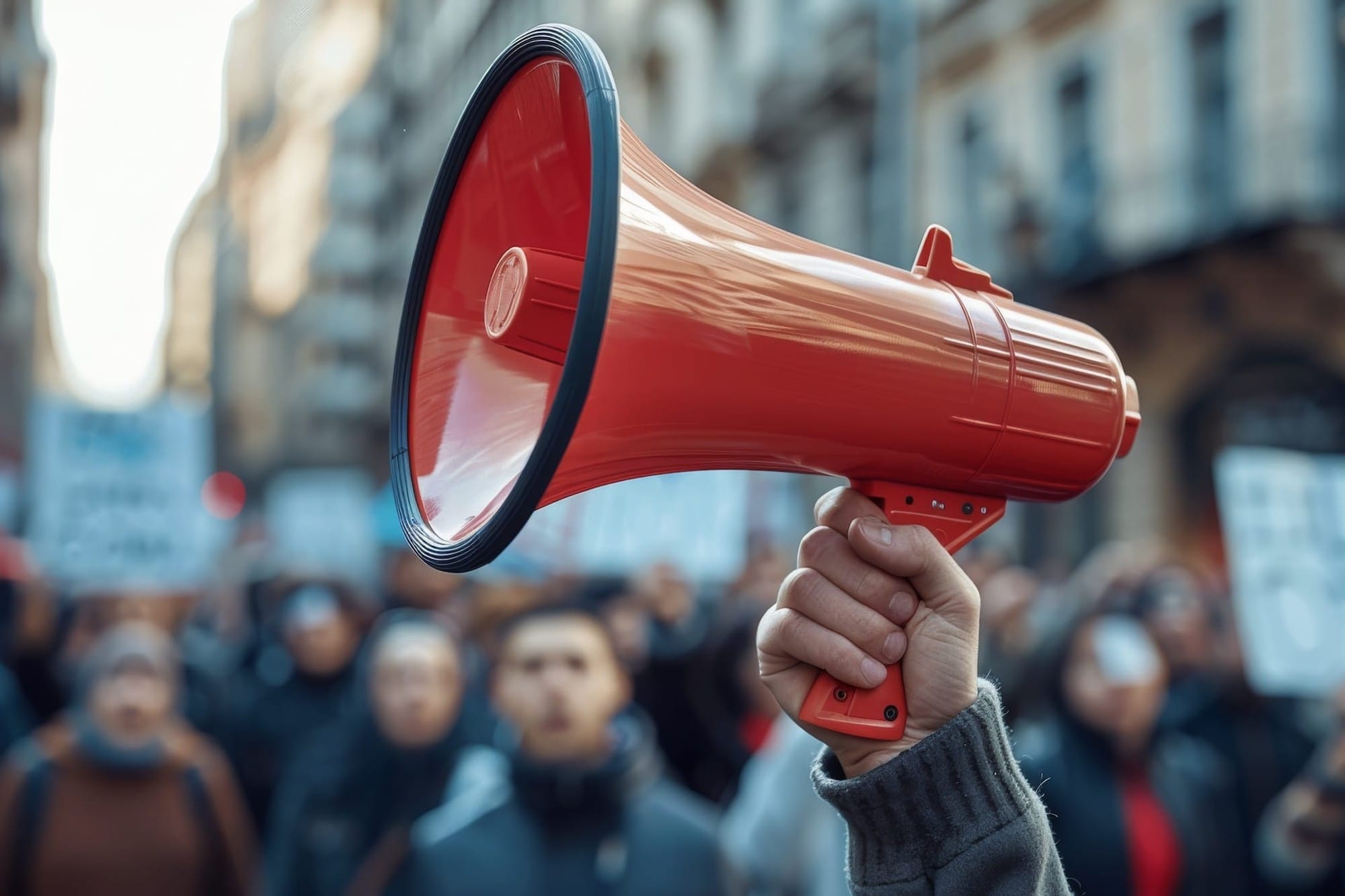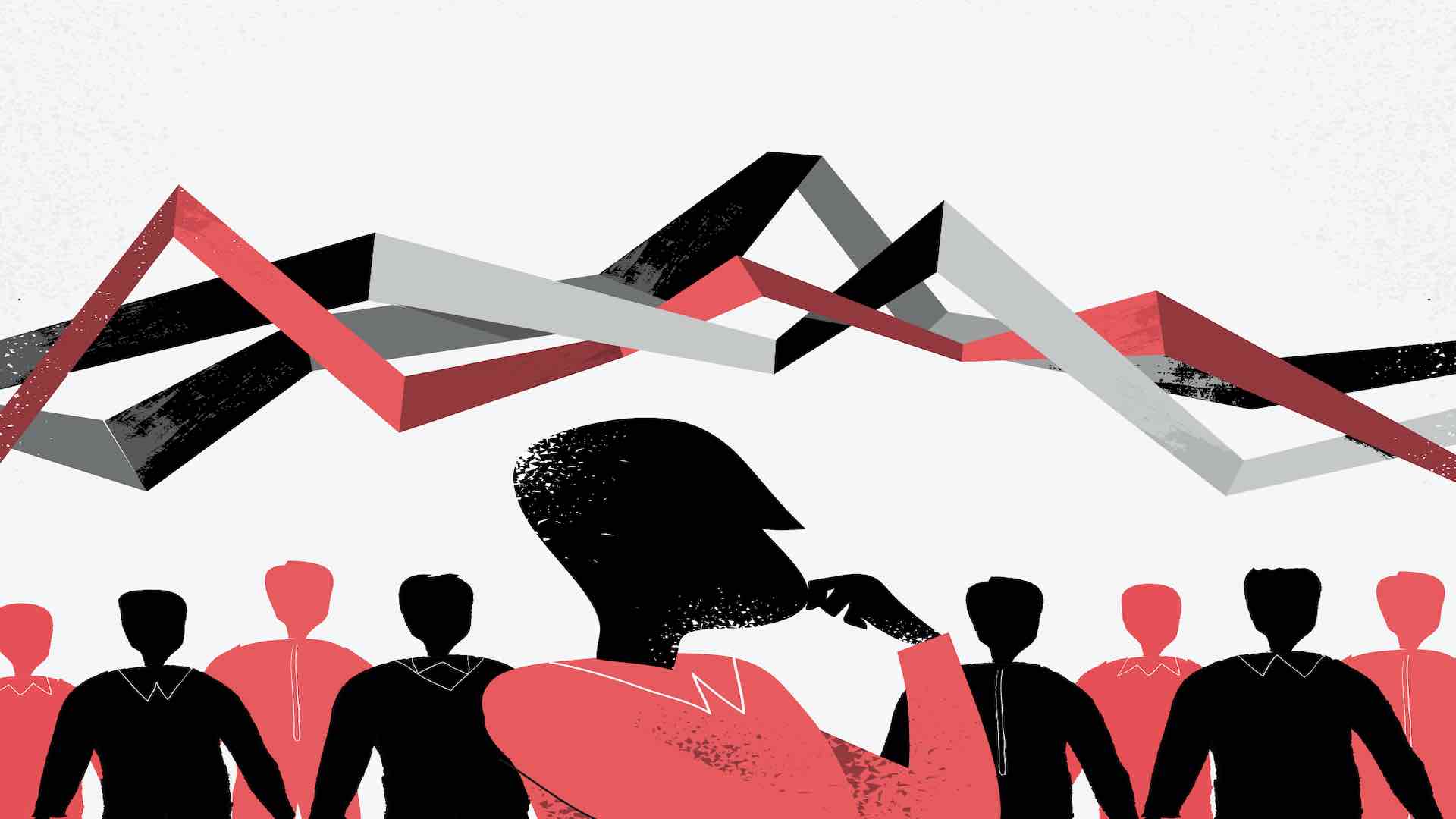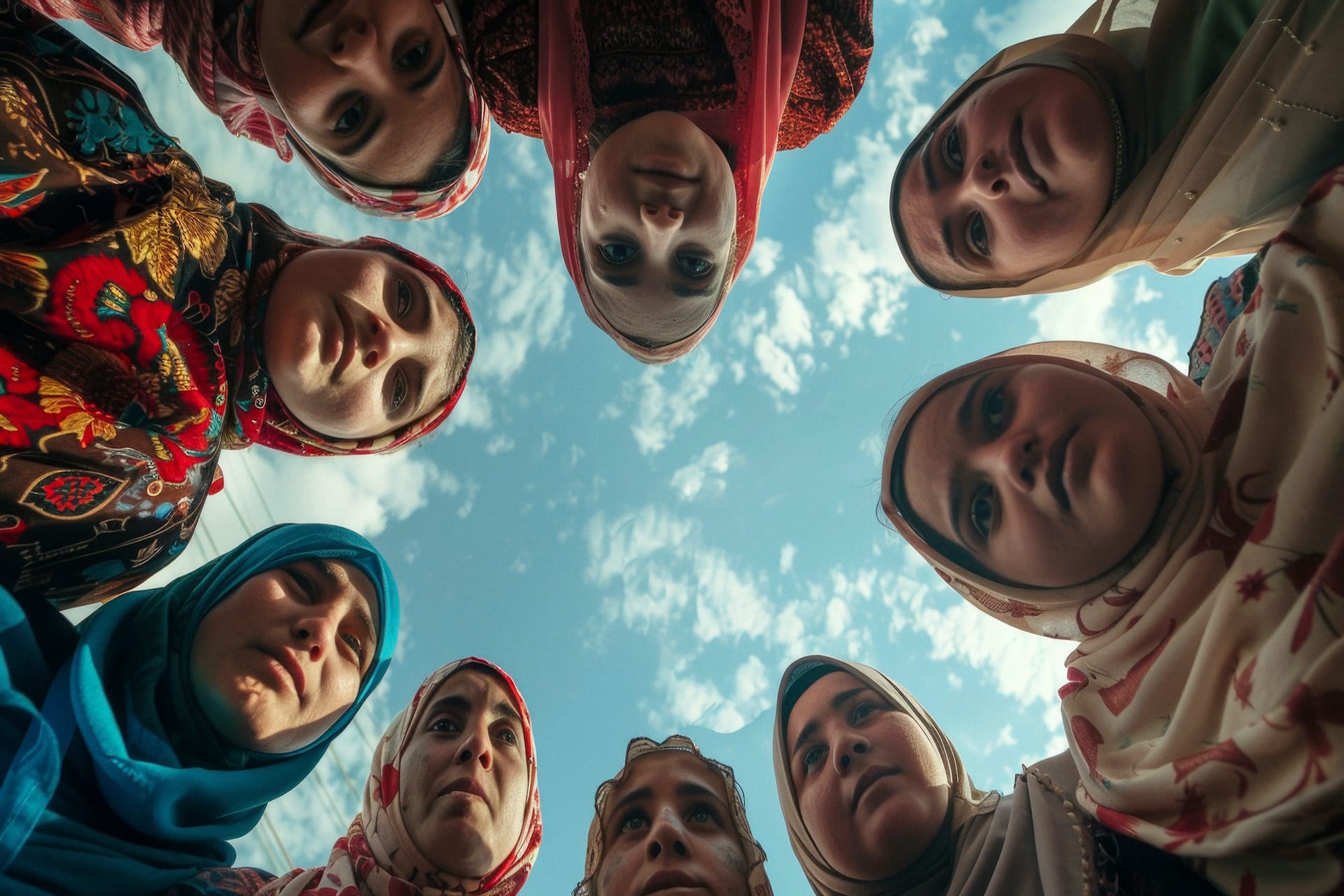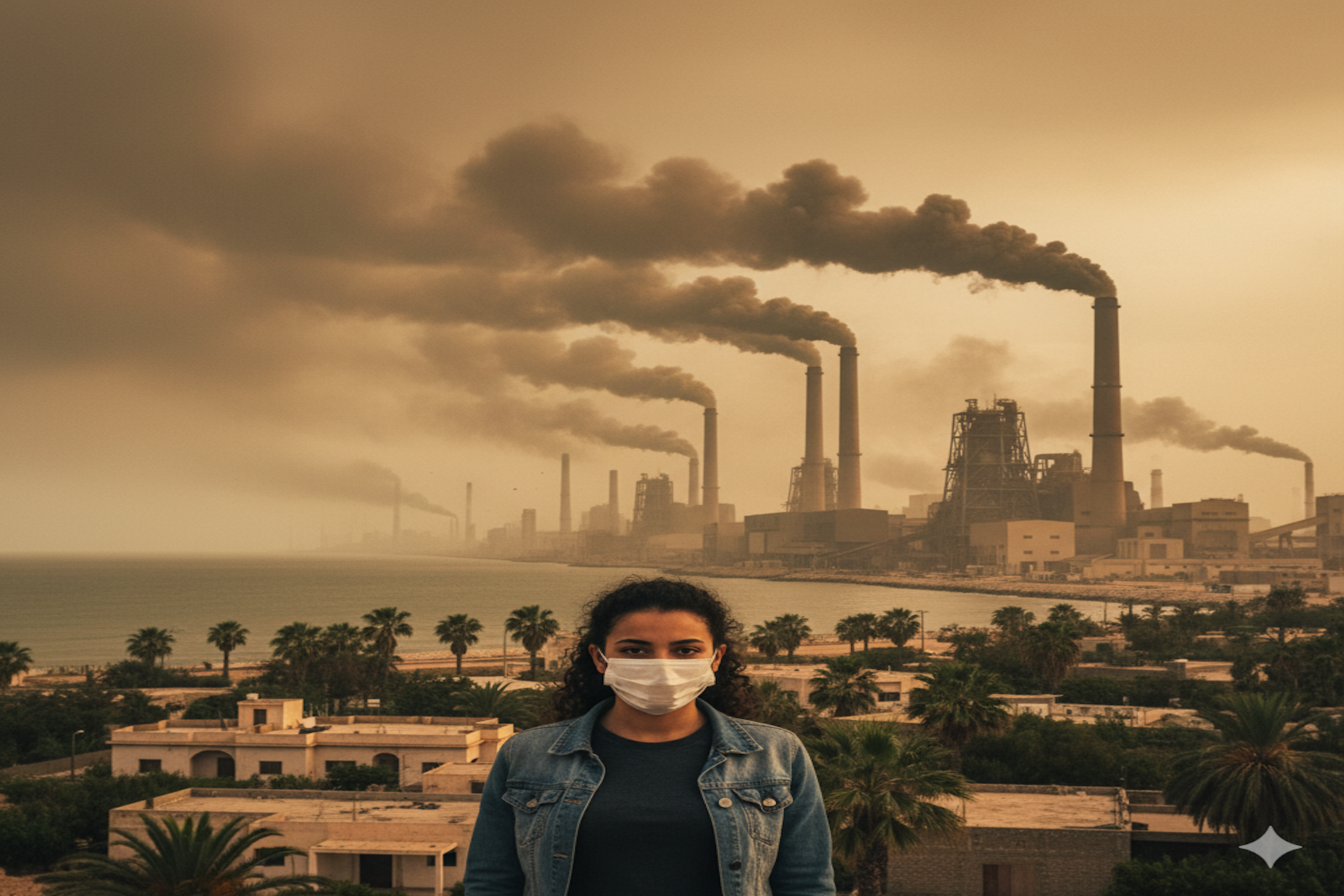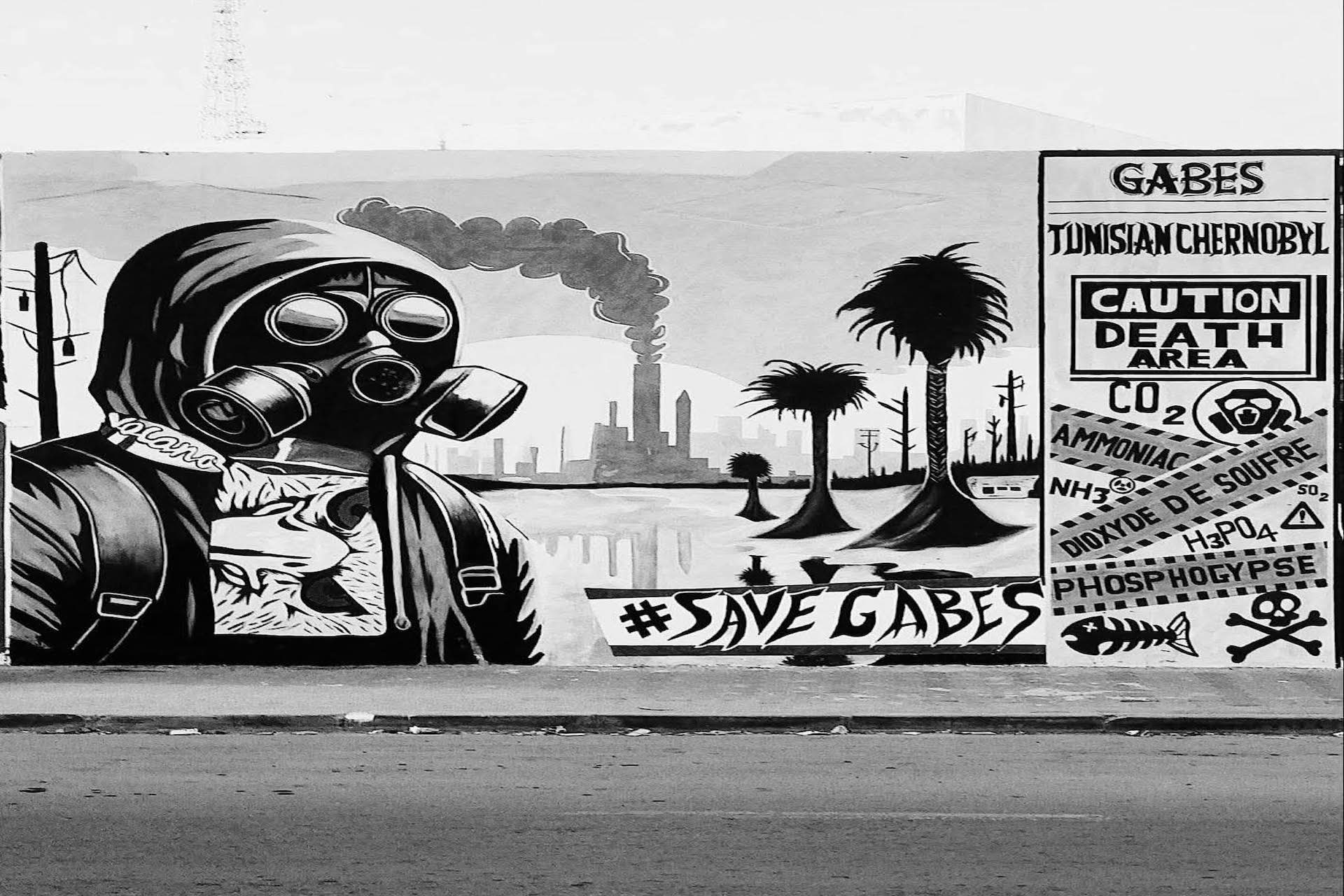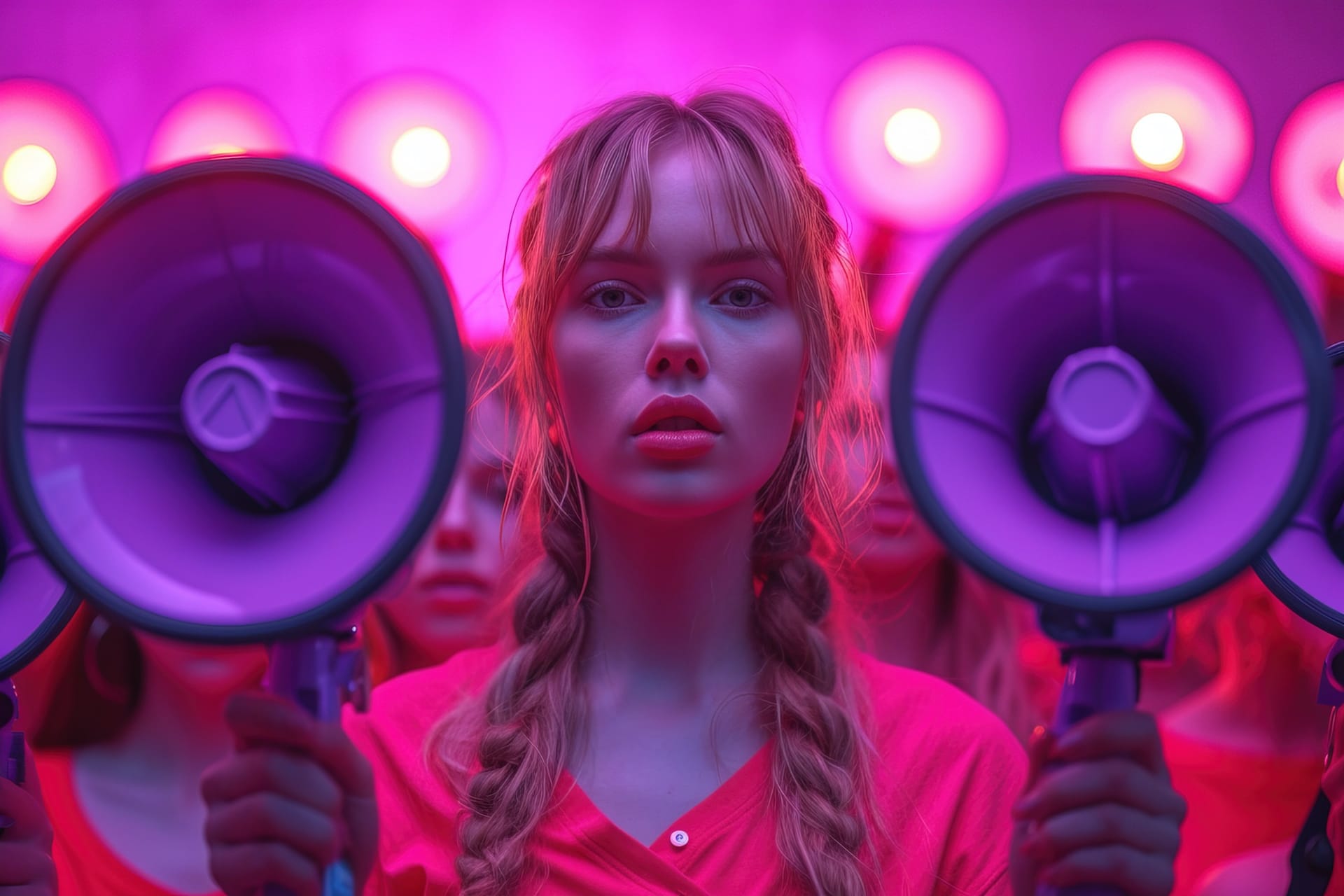TikTok’s Role in Shaping Political Opinions in Tunisia
TikTok is increasingly shaping political opinions in Tunisia. TikTox Tunisia reveals hidden agendas, toxic money, and the role of livestreams in influencing public sentiment.
Introduction
TikTok is no longer just a platform for entertainment; in Tunisia, it has become a powerful medium that shapes public opinion and political discourse. Livestreams, viral trends, and influencer content can subtly—or overtly—steer political perspectives, often with little transparency. Behind the creative videos lies a complex ecosystem of hidden agendas, toxic money, and influence operations, impacting governance, communities, and social norms.
This article investigates how TikTok influences politics in Tunisia, exposing risks, financial manipulation, and the mechanisms through which political actors and private interests exploit the platform.
1. TikTok as a Political Tool
The short-form video format enables rapid dissemination of ideas, making TikTok an effective channel for political messaging. Influencers can embed commentary on social issues, elections, or government decisions into seemingly casual content, reaching thousands of viewers in minutes.
Key characteristics that make TikTok a political tool include:
- Virality: Trends and hashtags amplify political content.
- Micro-influencers: Smaller accounts with dedicated followers can have disproportionate influence.
- Algorithmic promotion: Content favored by TikTok’s algorithm can shape political narratives without transparency.
2. Hidden Agendas and Influence Campaigns
Evidence suggests some political actors use TikTok to push narratives subtly, targeting specific demographics, particularly youth. These campaigns may include:
- Coordinated posting by multiple accounts to create perceived popularity.
- Sponsoring influencers to promote specific policies or candidates.
- Leveraging diaspora communities to amplify messaging abroad.
These hidden agendas can manipulate opinions without clear disclosure, blurring the line between organic content and paid political influence.
3. Toxic Money in Political Streaming
Financial incentives play a crucial role in TikTok’s political influence ecosystem. “Toxic money” refers to funding streams that may be opaque, illegal, or used to manipulate content:
- Payments to influencers to produce politically favorable content.
- Untraceable donations or sponsorships routed via PayPal, crypto, or foreign accounts.
- Exploiting gifts and virtual coins to reward political messaging indirectly.
Such practices undermine transparency, evade regulatory oversight, and risk distorting public opinion.
4. Livestreams and Real-Time Influence
Livestreams are particularly effective at shaping political perceptions. They allow influencers to interact directly with viewers, answer questions, and react to events in real time. Unfortunately, this immediacy also enables:
- Spreading propaganda: Streamers may be guided or incentivized to present biased information.
- Manipulation of sentiment: Real-time polls, challenges, and incentives can steer audience reactions.
- Diaspora targeting: Tunisians abroad may be influenced on issues affecting local politics, shaping global perception of domestic matters.
5. Risks of Misinformation and Fake Accounts
Misinformation is rampant on TikTok, exacerbated by the platform’s algorithm:
- Fake accounts amplify politically charged content to create an impression of popularity.
- Misleading or partially false narratives go viral before fact-checking occurs.
- Young or politically uninformed viewers are particularly vulnerable to influence.
These dynamics make it difficult for authorities and the public to distinguish genuine discourse from manipulation.
6. Social Implications
TikTok’s political influence extends beyond individual opinions to broader societal effects:
- Polarization: Viral content can divide communities, fueling social tension.
- Distrust in governance: Perceived manipulation can erode public confidence in institutions.
- Normalization of toxic behavior: Incentivizing sensational or manipulative content fosters a culture where political messaging prioritizes engagement over truth.
7. Regulatory and Ethical Gaps
Tunisia currently lacks effective regulation for TikTok’s political content. Challenges include:
- Difficulty tracking financial flows and sponsorships related to political messaging.
- Limited monitoring of algorithmic promotion and its effect on public opinion.
- Absence of disclosure requirements for politically motivated content.
Without comprehensive oversight, TikTok’s role in shaping political opinions will remain largely unregulated, leaving citizens vulnerable to manipulation.
8. Recommendations and Solutions
To protect democratic processes and ensure ethical digital engagement, TikTox Tunisia recommends:
- Transparency for influencers: Disclose any sponsorships or political backing.
- Platform accountability: TikTok should improve moderation, detect coordinated campaigns, and flag politically sponsored content.
- Digital literacy campaigns: Educate the public on detecting political manipulation and misinformation.
- Regulatory frameworks: Tunisia should implement clear laws on political content, digital sponsorships, and online influence campaigns.
By addressing these areas, Tunisia can minimize risks while still allowing healthy political discourse on digital platforms.
Conclusion
TikTok is a transformative tool for political engagement in Tunisia, but it carries substantial risks. Hidden agendas, toxic money, and unregulated influence campaigns threaten public opinion, social cohesion, and democratic integrity. TikTox Tunisia remains committed to exposing political manipulation, promoting transparency, and safeguarding citizensfrom covert influence on the platform.
Call to Action
👉 Follow TikToxTunisia.com for investigative reports on political manipulation, toxic money, and digital influence in Tunisia. Stay informed, stay critical, and support transparency in online spaces.


